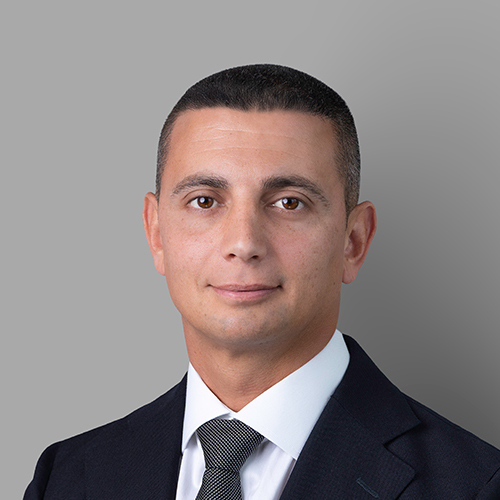Dubai’s latest resolution allowing free zone companies to establish a mainland presence is a major shift in the city’s business landscape.
It offers companies the flexibility to expand beyond free zones without restructuring operations, aligning with Dubai’s broader push for economic growth and the ambitious D33 Agenda, which aims to cultivate a vibrant business ecosystem by boosting competitiveness and enhancing efficiencies for both local and global enterprises. It’s the latest move in the government’s bid to streamline the ease of doing business in Dubai which is already consistently recognized for its business-friendly environment.
For the commercial real estate sector, this presents obvious new opportunities and considerations for investors and developers.
With more free zone businesses entering the mainland, demand for space across sectors will likely rise, particularly in prime locations. Landlords and developers will need to adapt quickly to maximise value, looking at offering flexible lease structures and tailored spaces to meet evolving business needs.
Regulatory clarity will be crucial. Occupiers will need clear guidance on licensing, taxation, and compliance to avoid potential friction between free zone and mainland operations. Issues like VAT, customs duties, and operational restrictions will need refinement as companies navigate this shift.
There’s also the question of market positioning. If businesses can now tap into mainland opportunities while keeping free zone advantages, will this impact the appeal of certain free zones? Will it create new competitive pressures for mainland businesses?
For investors and developers, the priority will be staying ahead of these changes. Understanding where demand is shifting, how regulatory frameworks evolve, and what businesses need in this new environment will be key to capturing the next wave of growth in the city.




